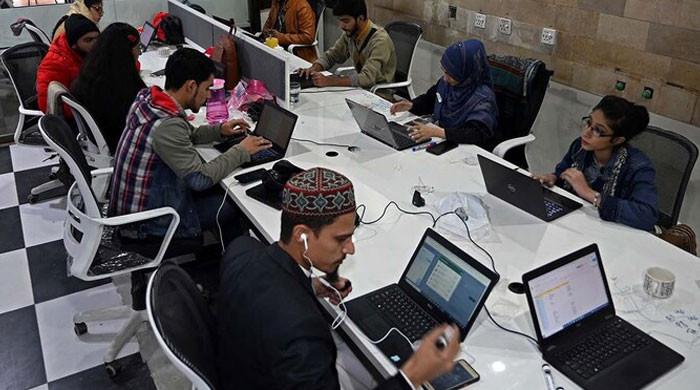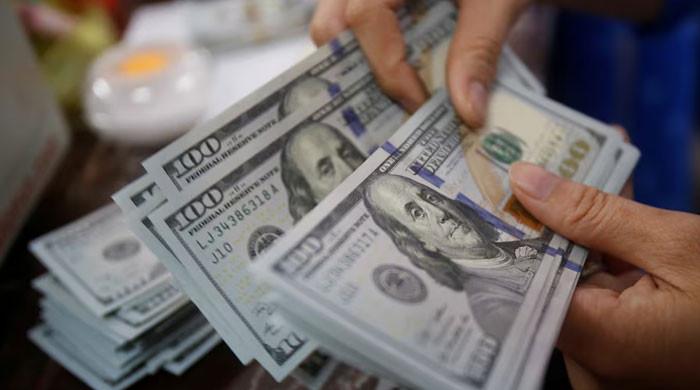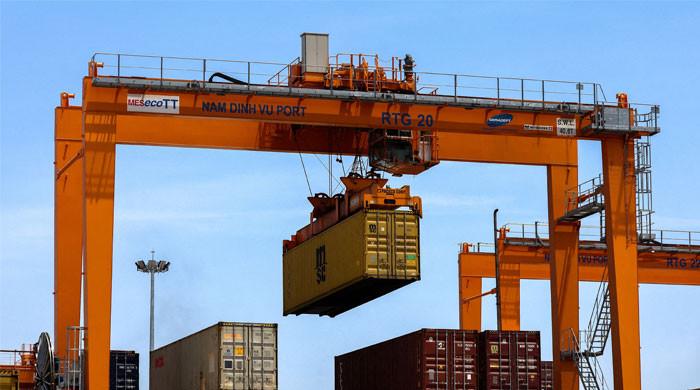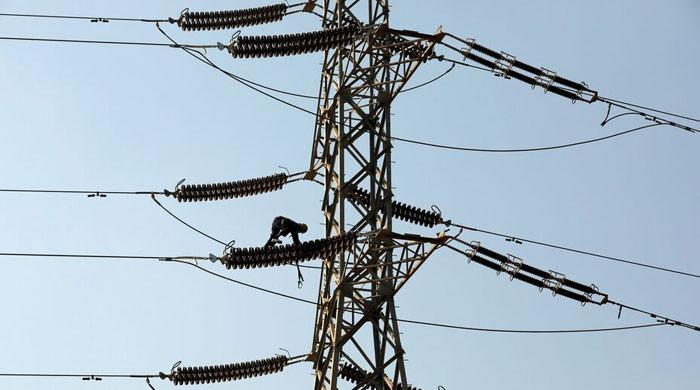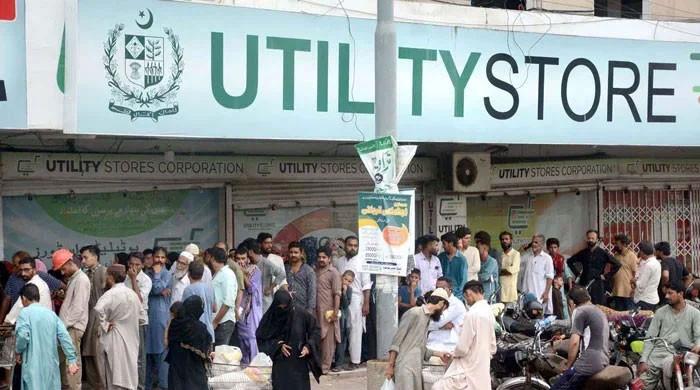SBP keeps its powder dry on policy rate, foresees higher GDP growth
The improved energy supplies, CPEC-related investments, upbeat economic sentiments, and low input cost are likely to boost growth
March 25, 2017
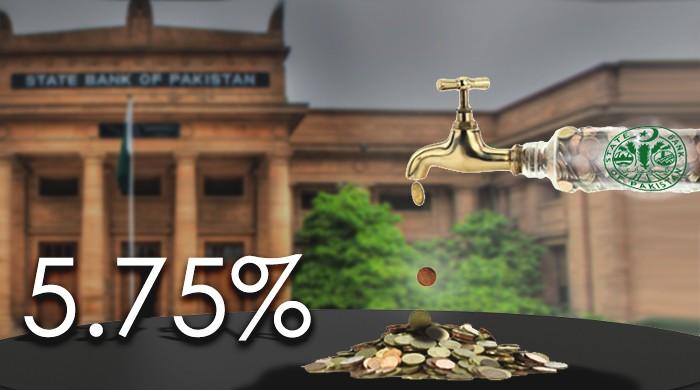
The State Bank of Pakistan’s (SBP) Monetary Policy Committee (MPC) through its press release informed public and investors that the policy rate shall be maintained at 5.75 percent, marking no change for the period.
The Committee, however, noted that the improved energy supplies, CPEC-related investments, upbeat economic sentiment, and low input cost are likely to boost growth. On the other hand, inflation is forecasted to remain within the set target, despite the fact that rising incomes are resulting in higher demand.
The report issued today further states that surge in remittances was inadequate to finance the CPEC-related imports, which, in turn, would determine the current account’s course in future.
Monetary policy for the period is prudent, SBP said, while lower rates are expected to act as an incentive for the private sector so that businesses can borrow and finance their investments activities.
Furthermore, private sector’s credit amount in the 7 months of the fiscal year 2017 (FY17) totalled Rs. 349 billion – climbing almost 30 percent above last year’s corresponding period.
A 55 percent incline against the prior period was observed in the borrowing for fixed investments, coming in at Rs. 159 billion, triggered by both higher deposits and the government retiring borrowing to the commercial banks.
The overnight weighted average rate remains close to policy rate as well.
With regard to the current account deficit, the MPC underscored that an expansion in the economic activities translated into a significant increase in imports, whereas the lack of any sustained expansion in export – alongside a small dip in the remittances – pushed the deficit to $5.5 billion.
While the financial flows were better, they were not sufficient enough to finance the deficit.
It is noteworthy that the state’s policy measures to augment exports and check non-essential imports may contain the aforementioned deficit in future.
Overall, the continuation of financial flows, imports pertaining to the CPEC, and a major fluctuation in global oil prices will collectively determine the country’s external position. The MPC, taking into consideration these factors, has consequently kept the policy rate unchanged.




